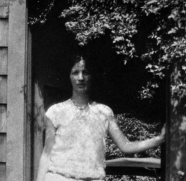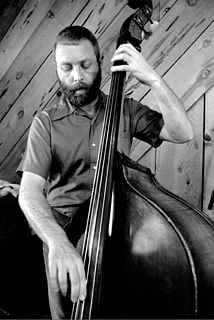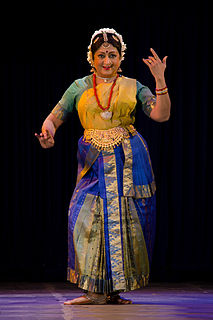A Quote by Louise Bogan
The art of one period cannot be approached through the attitudes (emotional or intellectual) of another.
Related Quotes
The means of communication, the irresistible output of the entertainment and information industry carry with them prescribed attitudes and habits, certain intellectual and emotional reactions which bind the consumers to the producers and, through the latter to the whole social system. The products indoctrinate and manipulate; they promote a false consciousness which is immune against its falsehood...Thus emerges a pattern of one-dimensional thought and behavior.
My point is, however, that churches do promote beliefs that would more appropriately find a place in a context of intellectual debate. They wind up cheerleading for highly dubious opinions on historical, scientific, and metaphysical matters, simply on the bases of emotional preference and the inertia of tradition. They demand conformity to these beliefs, and if you cannot swim with the current, then, well partner, maybe you'd be happier in another pool, another lake in fact, the one ablaze with burning sulfur.
Complaints about the social irresponsibility of the intellectual typically concern the intellectual's tendency to marginalize herself, to move out from one community by interior identification of herself with some other community - for example, another country or historical period... It is not clear that those who thus marginalize themselves can be criticized for social irresponsibility. One cannot be irresponsible toward a community of which one does not think of oneself as a member. Otherwise runaway slaves and tunnelers under the Berlin Wall would be irresponsible.
Man cannot be enlightened through any organization, creed, dogma, priest or ritual, nor through any philosophical knowledge or psychological technique. He has to find it through understanding the contents of his own mind, through observation, not through intellectual analysis or introspective dissection.
Intellectual culture seems to separate high art from low art. Low art is horror or pornography or anything that has a physical component to it and engages the reader on a visceral level and evokes a strong sympathetic reaction. High art is people driving in Volvos and talking a lot. I just don't want to keep those things separate. I think you can use visceral physical experiences to illustrate larger ideas, whether they're emotional or spiritual. I'm trying to not exclude high and low art or separate them.
When I was first approached about doing an autobiography, I said, 'absolutely not.' But when I sat down, memories came pouring out. It wrote very quickly - I think there was an emotional impulse, because once I started in, the story itself carried me along. It was a very intense writing period and took a year and change to finish.
I can look back . . . at two distinct periods of opinion whose foundations I have successively come to distrust - a period before 1919 or so, when the weight of classic authority unduly influenced me, and another period from 1919 to about 1925, when I placed too high a value on the elements of revolt, florid colour, and emotional extravagance or intensity.







































